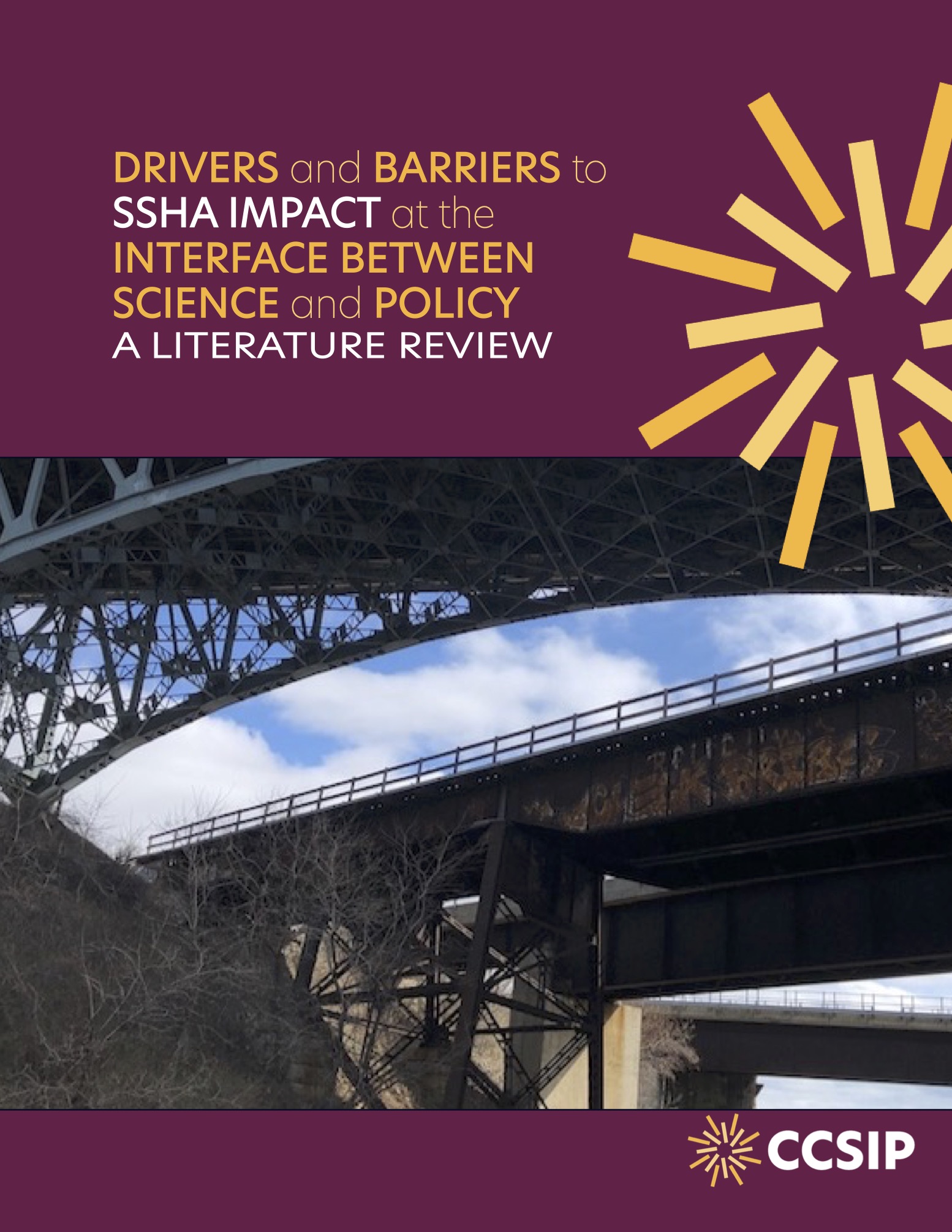Despite their relevance, SSHA engagement at the SPI is constrained by two persistent barriers: low connectivity (across disciplines and sectors) and low institutional capacity (within both academia and policy systems). Structural misalignments, disciplinary silos, and underdeveloped collaborative infrastructures limit SSHA influence. However, where SSHA integration succeeds, it is driven by trusted relationships, reflexive institutional cultures, boundary-spanning actors, and co-designed partnerships. Disciplines with applied orientations (e.g., economics, bioethics) tend to integrate more readily, though often by conforming to dominant evidence standards rather than shifting them.
To realize SSHA’s full potential, the SPI must evolve beyond STEM-centric paradigms. Institutional redesign is required to embed epistemic diversity, participatory infrastructures, and policy-facing mechanisms that support SSHA leadership. The review identifies the need for alternative impact frameworks and expanded empirical research across underrepresented disciplines and regions. SSHA are not auxiliary to science-policy work; they are integral to its legitimacy, accountability, and effectiveness.


